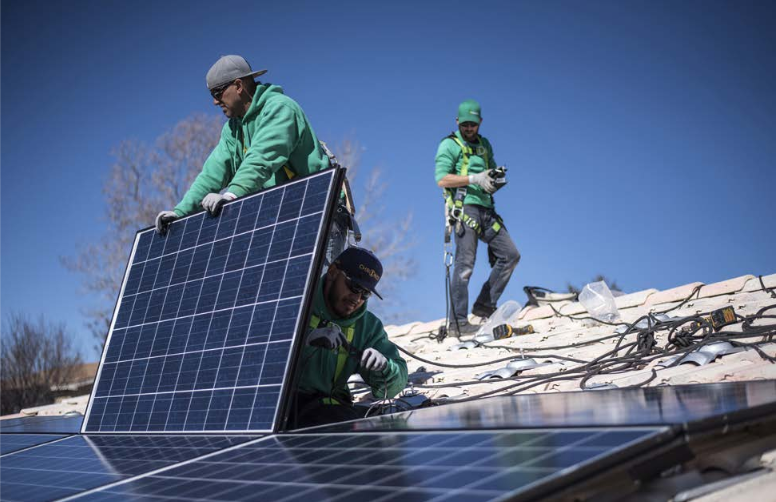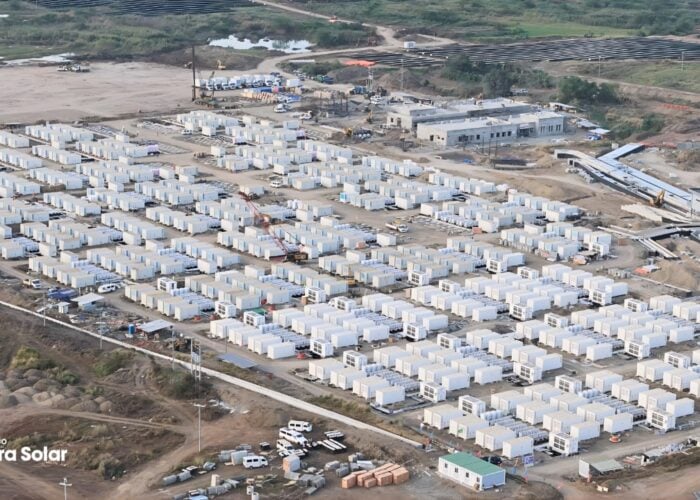
Governments must ensure that their energy security policies are compatible with net-zero scenarios mapped out by the International Energy Agency (IEA) or the Intergovernmental Panel on Climate Change (IPCC), according to the UN’s Environment Programme (UNEP).
The warning comes as countries make critical decisions about their energy future against the backdrop of heightened geopolitical tensions, the war in Ukraine and a rapidly warming climate.
Try Premium for just $1
- Full premium access for the first month at only $1
- Converts to an annual rate after 30 days unless cancelled
- Cancel anytime during the trial period
Premium Benefits
- Expert industry analysis and interviews
- Digital access to PV Tech Power journal
- Exclusive event discounts
Or get the full Premium subscription right away
Or continue reading this article for free
Earlier this week, the IPCC released its third and final review of climate science, which said it was “now or never” to speed toward a low-carbon society, with solar, wind and energy storage expected to do much of the heavy lifting.
“Choices made by policymakers now must not delay the longer-term adjustments that are needed for energy markets and infrastructure to align with the Paris Agreement and reach net-zero emissions, by 2050 at the latest,” said UNEP.
In its report, the IPCC pointed to the “sustained decreases” over the last decade in the cost of solar energy (fallen 85%), wind power (55%) and lithium-ion batteries (85%) as it urged governments to focus on renewable deployment over investing in fossil fuels.
“These are viable steps towards energy system resilience, a greener economy, the provision of green jobs, and the protection of businesses and consumers against future price spikes in oil and gas,” said UNEP.
“The only approach that can and will lead to long-term energy security is a massive scaling of low- and zero-carbon technologies – including new, breakthrough technologies – and infrastructure,” it added.
The European Commission (EC) has already said it wants to simplify renewables permitting as part of a new strategy aimed at increasing the EU’s energy independence by accelerating renewable deployment at “lightning speed”.
UNEP slammed planned investments in fossil fuels, noting how the development of new reserves will create “lock-ins and stranded assets at an enormous opportunity cost”.
In light of the Russian invasion of Ukraine and the subsequent economic sanctions, on top of already high energy prices in Europe, many European countries have mooted increasing investment in fossil fuel exploration and extraction in the short-term to mitigate the rising costs.
But UNEP said governments must rule out locking in long-term fossil fuel subsidies, “which run contrary to net-zero policies and exacerbate market distortions”.
Instead, it called on states, particularly European ones, to use all available energy resources to diversify the energy supply, including the immediate scaling of energy efficiency measures.
“In the medium to longer-term, the national security argument for accelerating the net-zero transition has strengthened considerably,” said UNEP.






